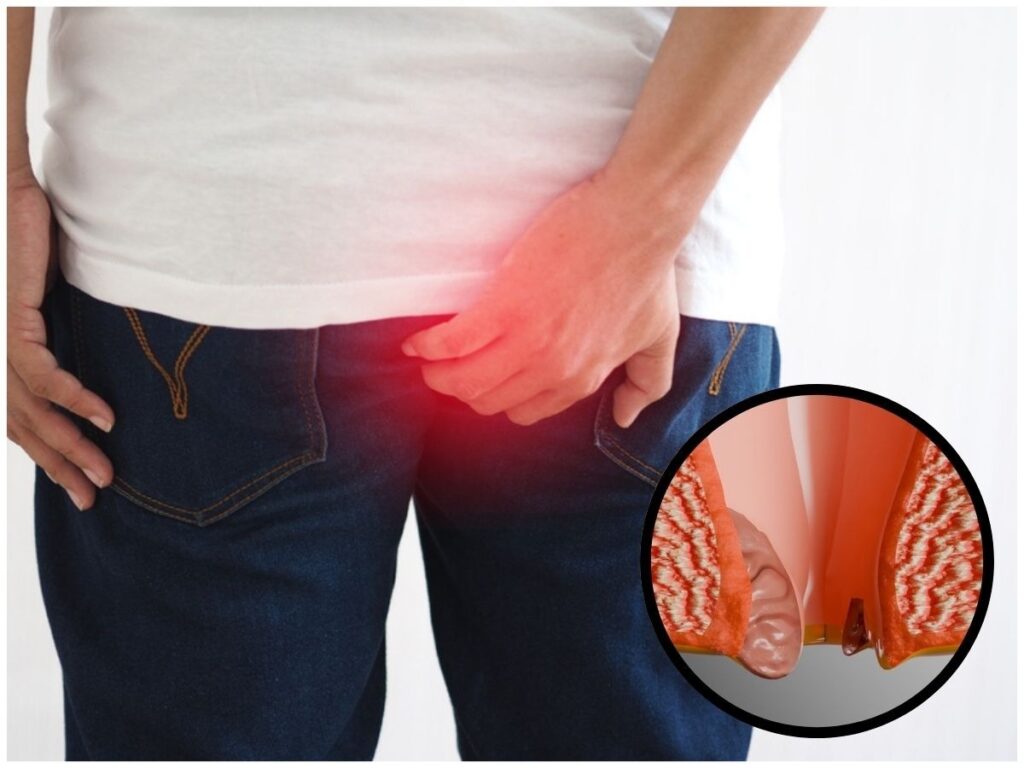Fissures and piles are two distinct yet common medical conditions that can significantly impact an individual’s quality of life. While they affect different parts of the digestive system, both conditions can lead to discomfort, pain, and an overall sense of distress. Understanding these issues and learning how to manage them effectively is crucial for maintaining well-being. In this article, we will explore the causes, symptoms, treatment options, and preventative measures related to fissures and piles.
Understanding Fissures and Piles
What are Anal Fissures?
Anal fissures are small tears in the lining of the anus, which can occur due to various reasons, including childbirth, constipation, or passing large stools. Symptoms often include sharp pain during bowel movements, bleeding, and itching in the anal area. The pain can be severe, and it may lead to a reluctance to pass stool, which can further exacerbate the condition.
What are Piles (Hemorrhoids)?
Piles, also known as hemorrhoids, are swollen veins in the lower rectum or anus. They can be classified into two types: external and internal. External hemorrhoids can be felt as lumps and may cause significant discomfort, while internal hemorrhoids usually do not cause pain but can bleed. Key symptoms include itching, swelling, and bleeding during bowel movements.
Common Causes
| Condition | Causes |
|---|---|
| Anal Fissures | Constipation, diarrhea, childbirth, anal intercourse, and inflammatory conditions. |
| Piles | Straining during bowel movements, obesity, pregnancy, chronic constipation, and sitting for long periods. |
Management and Treatment Options
Self-Care Tips
Managing fissures and piles often starts with self-care, which can include:
- Increasing dietary fiber to soften stools.
- Staying hydrated to improve bowel health.
- Taking warm baths to soothe the anal area.
- Avoiding prolonged sitting, especially on the toilet.
Medical Treatments
If self-care methods don’t provide relief, several medical treatments are available:
- Topical ointments and creams to reduce pain and inflammation.
- Oral pain relievers to manage discomfort.
- Minimally invasive procedures, such as rubber band ligation for piles.
- Surgery in severe cases of either condition.
Preventative Measures
Prevention is always better than cure. To reduce the risk of developing fissures or piles, consider the following tips:
- Consume a high-fiber diet rich in fruits, vegetables, and whole grains.
- Engage in regular physical activity to promote healthy bowel movements.
- Avoid straining during bowel movements by practicing proper toilet habits.
- Stay hydrated by drinking plenty of water throughout the day.
Conclusion
Both fissures and piles can be uncomfortable and, at times, distressing conditions. However, with proper understanding, self-care, and medical treatment when necessary, individuals can manage these issues effectively. By implementing preventative measures and maintaining a healthy lifestyle, one can significantly reduce the risk of developing these conditions and maintain good digestive health. If symptoms persist, it is essential to consult a healthcare professional for appropriate diagnosis and treatment.
